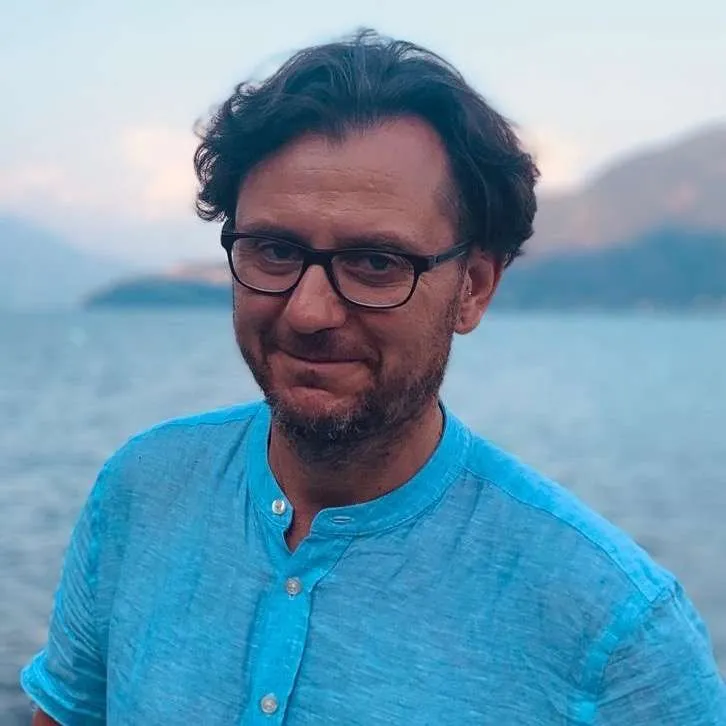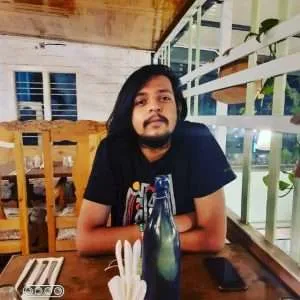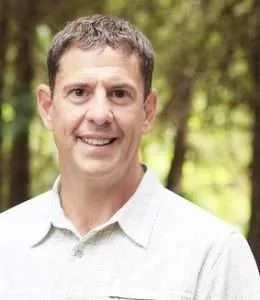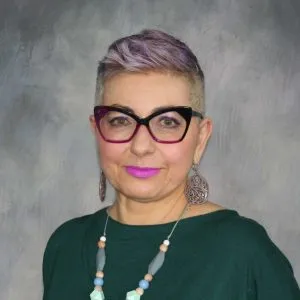Editorial Note:
This profile Dr. Federico Farini is brought to you through a partnership between Applied Worldwide and the British Sociological Asosciation’s Applied Sociology Group. Thank you to BSA and all those who made valuable contributions to the Profiles in Applied & Clinical Sociology series.
This profile is presented as part of a larger project with the intentions of: 1) providing students with examples of applied sociology, 2) providing market value to sociological skills and services, and 3) promoting the work of individual sociological practitioners and organizations.
Dr. Federico Farini
Dr. Federico Farini earned his PhD in Sociology of Intercultural Relations in 2008 from the University of Modena and Reggio Emilia where he focused on educational interactions as social systems. Before doing so, he earned two Master’s degrees—one in Anthropological Research, with which he graduated summa cum laude writing about the sociology of intercultural relations using narratives of war, and one in Early Modern History, for which he wrote a thesis on scientific communication in the XVIII century.
When we asked Dr. Farini about his work as an applied and clinical sociologist, he told us:
I am motivated by a strong commitment to contribute to the continuing development of impactful research that can advance excellence in health, education, social care and social sciences locally, nationally and internationally, made sustainable by solid relationships with enterprise and public services. The generation of sustainable impact has underpinned my role as leader in several research projects concerning inclusion in education, migrant-friendly public services, conflict management, client-centred interpreting in healthcare and education.
The development of processes for routinely recording and evaluating evidence of research, enterprise, user-involvement and impact activities has been one of my responsibility within large research consortia supporting international projects. In the last 15 years I have successfully written and led QA processes for projects such as Children of Migrants Inclusion Creative Systems (funded by EC Integration of the Citizens of Third Countries Programme), Local Forum to Develop Participatory Democracy (funded by EC Fundamental Rights and Citizenship Programme), SHARMED (funded by Erasmus+), Child-UP (funded by Horizon 2020).
Dr. Federico Farini
Read the full interview with Dr. Farini on his applied sociological work below! You connect with him on LinkedIn.
Using Sociology in Practice
In general, how do you use sociology in practice?
I am very passionate about working with professionals in the context of different services, and I believe that partnership with stakeholders is the key for the sustainable development of sociological research. For instance, between 2014 and 2015 I contributed to the re-development of Middlesex University CPD, while cooperating with the London Borough of Waltham Forest towards the development of Leyton Jubilee Park as a hub for a multicultural community. Since 2017, I have been the University of Northampton representative in the East Midlands Patient Public Involvement for medical and educational research that recognise the active and positive role of stakeholders in the design of inclusive and democratic practices.
Earlier in my career, I had been the principal investigator for the Italian partner and advisor within a EU-funded project under the program ‘Fundamental Rights and Citizenship, 2007-2013.’ The Project (‘Local Forums for Participatory Democracy’) offered me the opportunity to research on the impact of digital media on social participation and in the dissemination of knowledge(s) among children and adolescents.
How do you use sociological research methods in practice?
Commitment to social inclusion and mobility is combined with leadership roles in international research projects. The most recent successes include the award of a large Horizon2020 grant for the Project ‘Children Hybrid Integration: Learning Dialogue as a way of Upgrading Policies of Participation’ (Child-UP). Child-UP is interested in developing best practices to support the positive inclusion of migrant children in the education system. With important implication for social mobility and equality. I am responsible for the Pan-European dissemination of best educational practices through the development of a research-driven Massive Open Online Course.
In the summer of 2019 I delivered another successful bid within the Marie Curie Scheme. The Project, titled ‘Spatial Practices in Art and Architecture for Empathetic Exchange’ (SPACEX) support a large partnership involving 27 partners in 10 countries, among them universities, research institutes, arts organisations, biennials, urban agencies, a film festival and a creative media agency. Sociological research methods underpin investigation to understand how architecture and design can promote positive ways of living together in cities and towns, with a particularly focus on the empowerment of children and young people.
Lessons for Future Practitioners
What types of courses should undergraduate students take in preparation for a career similar to yours?
Research Methods is pivotal, quantitative and qualitative as well as research design and contemporary GENERAL social theories.
What types of courses should graduate students take in preparation for a career similar to yours?
- Advanced Research Methods
- Dissemination of Research
- Understanding of Research Impact
- Public Sociology
What types of experiences should students seek in preparation for a career similar to yours?
Be actively involved in research as part of teams rather than individually
More generally, what are the best outlets to learn more about the work you do as an applied or clinical sociologist?
Both scientific journals and books.
How would you describe the daily life of an applied or clinical sociologist?
It really depends on the context of your work. Nowadays, it is a quite exhausting search for research opportunities and management of partnerships with external organisations. This is why I think that a solid foundation in general social theory has to be provided already at undergraduate level: there will not be enough time to catch up when the professional arena is entered.
What advice do you have for aspiring applied and clinical sociologists?
Please do not work individually, invest your energy in finding not only networks but actual research teams/centres in your institution that you can join as a student. Be proactive, do not wait to be invited in but push to find your way in. Without having developed experience of empirical research and teamwork from your student’s days it is difficult to thrive as a professional.
In your choice of University or PhD do consider the individual profiles of the lecturers/researchers, do not be swayed by the ‘name’ of the University








